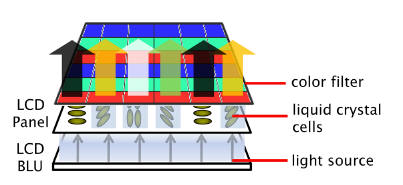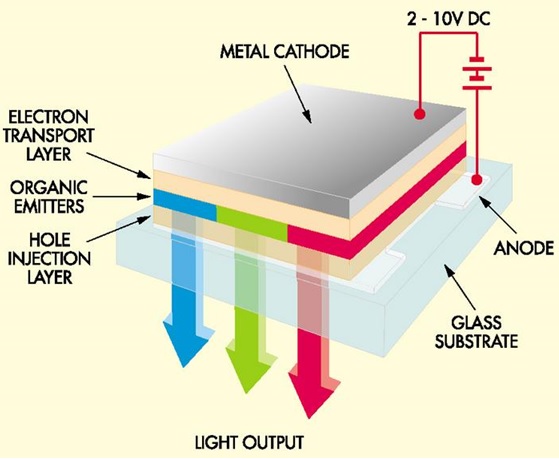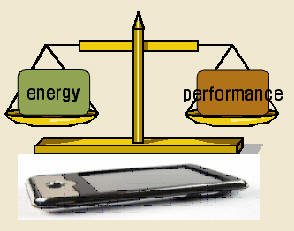Welcome to ECSL!
Our Lab is Embedded Computing and Systems Laboratory (ECSL).
In recent years, mobile computing systems such as smartphones are prevailing among end-users. Since such handheld computing systems are battery-driven and the capacity of a battery is limited, power-aware or low-power techniques for them are inevitable. The following figures show power breakdowns of a laptop and a smartphone.
In ECSL, we have made low-power research on high power consuming components such as LCD in the aspects of software and architecture for mobile computing systems. Research on performance optimization is also our main concern. Especially, in the research of low-power we are researching and developing power measurement/analysis and modeling, low-power techniques and systems at the levels of various software (applications, middle-ware, device driver, OS, firmware, etc.), algorithm, and architecture. Our research target reaches general-purpose computer systems.
LCD is one of the most significant power consumer in computing systems. These days, its market share still reaches more than 70% in the display markets. We have researched low-power display systems, focusing on an LCD system with LED backlight units. We have also been making efforts to develop intelligent local dimming techniques supplying both optimal human visual system(HVS)-awareness and high power saving. In the meantime, OLED is an incoming display technology. We are recently researching low-power and HVS-aware systems and techniques for Active Matrix OLED (AMOLED) displays in the various aspects.


In the area of storage in most computing systems, energy
and performance are important design constraints and thus
a lot of researches have been made to improve these.
To obtain significant power saving as well as high
performance, heterogeneous storage devices have been
employed in recent years. A pair of a small form-factor
hard disk and a flash memory, a combination of a hard disk
and MEMS-based storage, and a hybrid flash memory solution
using multi-level cell (MLC) and single-level cell (SLC)
flash memory devices are good examples of heterogeneous
storage devices. In mobile computing systems with
heterogeneous storage devices, it is crucial to control
the load distribution properly, but there has been little
deep investigation on how the operating systems should
deal with mobile heterogeneous storage devices in the
aspect of load distribution. Thus, we are making efforts
to study and develop load distribution techniques at the
software level in mobile embedded systems in consideration
of the energy consumption as well as the overall
performance.
